
Which survives the drop test, iPhone 5 or Galaxy S III?
I love these informal drop tests. They're unscientific (remember Chaos Theory, anyone?) but still give a glimpse of what to expect in real-world situations. Android Authority conducts one of the first, taking advantage of global time zones and iPhone 5 launching in Hong Kong long before the lines seriously queued in the United States today.
Darcy LaCouvee drops iPhone 5 and Samsung Galaxy S III from three different heights, in what he calls typical scenarios: pulling from the pocket, about four feet high (when lifting to ear) and from the head (here about 5 foot 6 inches). For anyone considering either of these flagship smartphones, damage from drops is a serious consideration. Because most carriers subsidize purchase prices, replacement costs can be considerably higher -- more like $600 instead of the original $200, for example.
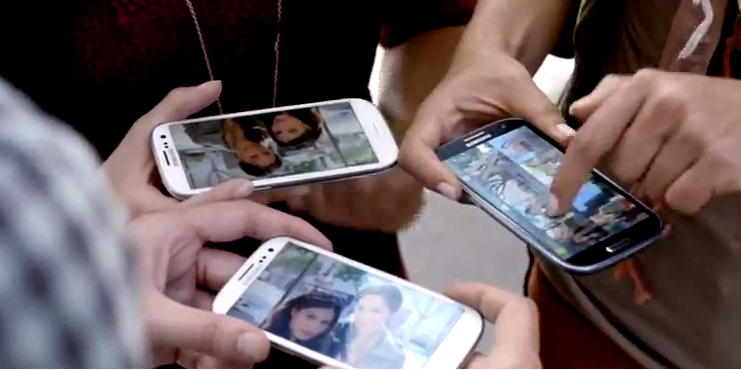
'The Next Big Thing' isn't iPhone 5
Samsung has revived its "The Next Big Thing is Already Here" marketing campaign with new videos, one of which posted about an hour ago to YouTube. Like its predecessors, the 90-second spot mocks people waiting in line to buy iPhone, something going on right now at Apple Stores around the globe. Doors open at 8 am local time on September 21 for iPhone 5's official launch.
The South Korean electronics giant started the ad campaign in November 2011, following release of iPhone 4S. This year, the commercials come first and are sure to continue afterwards. This spot carries forward the storyline for at least one character -- that is for anyone who has watched the series. It's clever storytelling for advertising.
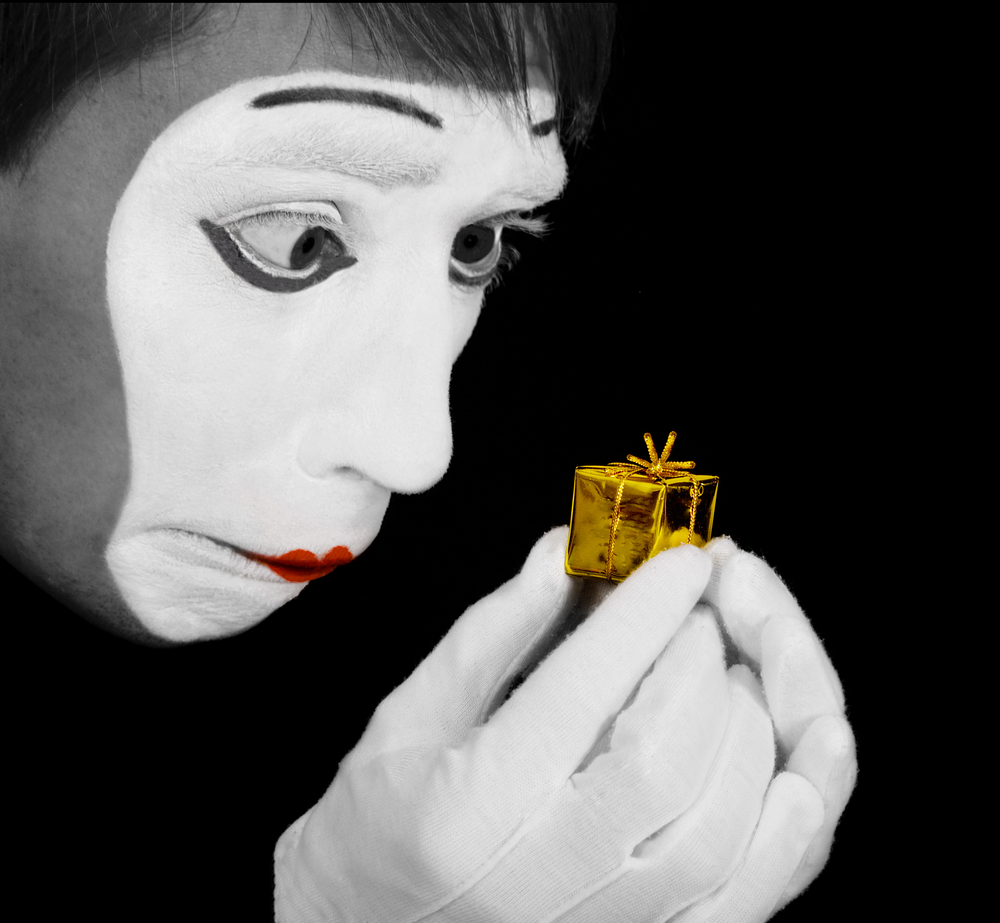
Apple is the new leader in technical stagnation
The golden years of Apple's outright dominance in technical innovation is fading, and quickly at that. The iPhone 5 just launched with a deservedly ho-hum and lackluster reception, with many people asking the obvious question: that's it? For a company riding the high waves of Wall Street for more than a few years now, with earnings going through the roof quarter upon quarter, is this the best that a larger-than-life tech giant can bring us?
Maybe the naysayers are right in that Apple is the leftover shell of a monolith once passed (post-Jobs.) Perhaps that internal drive to bring out the best in technology they release is starting to fizzle. I'd go as far as to argue that Apple never really has been as continually innovative as many people may believe. While Apple does have an easy ability in commanding the lead for sectors it enters, this doesn't necessarily mean the company if filled with technical Einsteins as so many supporters clamor to believe.

I would end my boycott if Apple stopped bullying others
Apple is on my mind again, with the company hosting a big media event tomorrow presumably to unveil iPhone 5. I'm not seriously thinking about buying the smartphone, certainly not sight unseen. I'm super satisfied with Galaxy Nexus -- if not, I'd move to a LTE Android, perhaps HTC One X or Samsung Galaxy S III. Rather, iPhone 5 is good time to assess my personal Apple boycott, where I sold off all my fruit-logo gear in protest of patent bullying.
Until July, I was a long-time Apple user, starting with the December 1998 purchase of the original Bondi Blue iMac. Then about six months ago, Apple's persistent competition-by-litigation tactics finally made me mad. I also had grown sick of Apple media bias that borders on the insane. How crazy? Yesterday, Washington Post explained "How Apple’s iPhone 5 could singlehandedly rescue the US economy". Bad is worse -- today, extending this economic lift to US presidential elections, Nextgov (a product of the National Journal Group) asserts: "How the iPhone 5 could help re-elect Obama". These are people I really don't want to associate with. (Say doesn't the president use BlackBerry?)
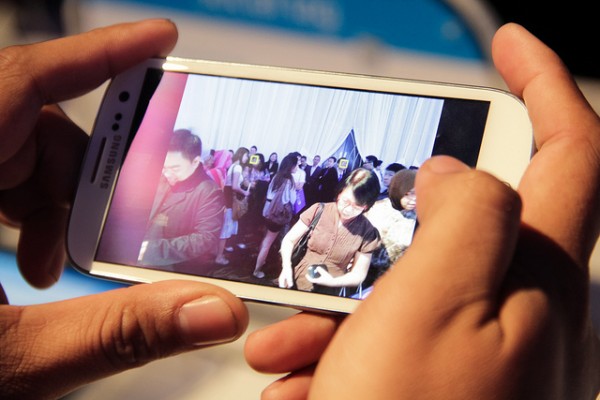
Samsung sells 20M Galaxy S IIIs, but did you buy one?
Confession is good for the soul, if nothing more than peace of mind. What better place than before the entire Internet? So we invite you to make your Galaxy S III confession. Yeah, your friends have iPhones and perhaps you feel sheepish about being different -- that you won't fit in for wanting something more, or at least something else. There's no longer reason to hide, or to look at your Samsung smartphone and feel guilty. You're not alone. Today the South Korean electronics giant says Galaxy S III sales topped 20 million in the first 100 days.
Sure, 20,000,000 is a heap big many, but not near the number of iPhones sold -- 28.9 million in just the last quarter, according to Gartner. But don't worry. You're in large enough company to stand out, to confess your S3 love. In May, I posted a buying poll, to which 4,959 of you responded; 63 percent say they will buy (or by now have purchased) Galaxy S III.

Judge Koh should vacate the Apple-Samsung verdict
Jurisprudence demands that US District Judge Lucy Koh right a terrible miscarriage of justice occurring in her courtroom. The Apple-Samsung patent dispute is nothing but a mock trial. The jury ignored key instructions, failed to complete a crucial checklist, made egregious errors on the final verdict form and reached a verdict after 21 hours of deliberations. The foreman misunderstood one of the concepts fundamental to the case -- prior art -- leading the jury astray. Then there is Judge Koh, who prevented Samsung from presenting key evidence or witnesses that could have made its defense and case against Apple more credible.
Apple claims that Samsung copying iOS device designs and patents causes irreparable harm. But the greater injustice is against the South Korean manufacturer, which is branded a copycat and thief -- all while the victim of terrible misreporting by analysts, bloggers, journalists and other writers. Samsung suffers irreparable harm here, not Apple. Judge Koh let this travesty occur on her watch. She should be ashamed and do what this malfeasance demands: Set aside the verdict. Best scenario: She should deny all claims by both parties, and let them sort it all out on appeal. Acceptable: Order a new trial. She let the case get out of control. Time is long past to reel it in.

'The Android operating system, clear and of itself was not something that infringed'
I'm watching a video interview Bloomberg's Emily Chang conducted with Apple-Samsung trial foreman Vel Hogan three days ago. At 9:17, he makes a provocative statement: "The Android operating system, clear and of itself, was not something that infringed".
Do you believe him? I ask, because pundits fell over themselves this week claiming that the jury verdict means big trouble for Android and Google.
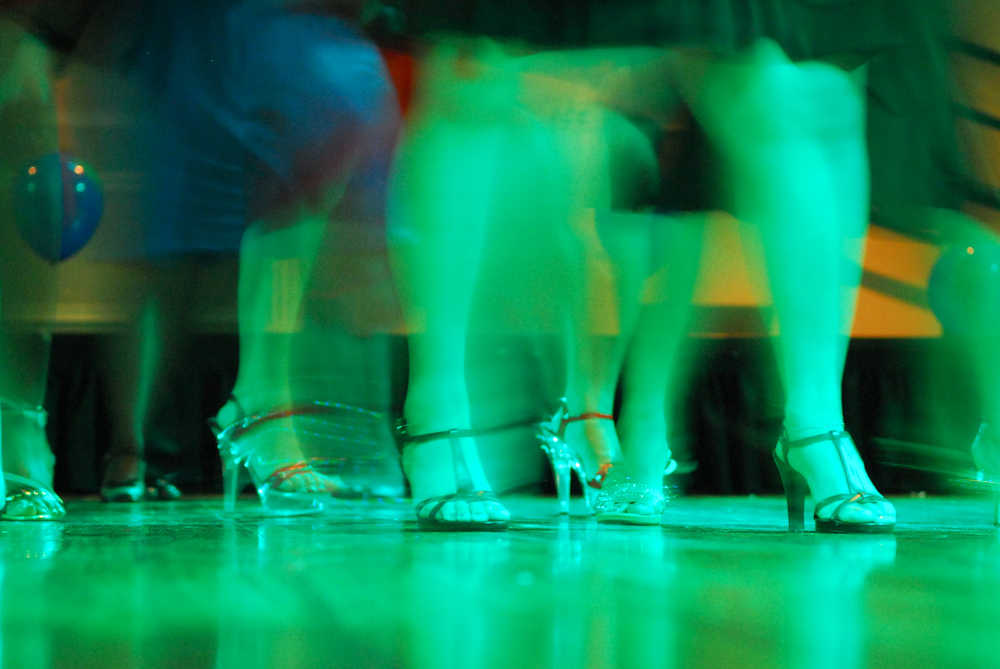
Samsung is dateless and desperate on prom night
A soap opera. That's how I would describe this week's revelation that Samsung is cozying up to Microsoft and the forthcoming Windows Phone 8. Still stinging from its recent court loss to Apple, the South Korean juggernaut appears to be hedging its Android bets by embracing one of the two remaining underdogs in the mobile OS race (the other being Research in Motion).
No matter how you slice it, Samsung's executives are running scared. And who can blame them? Apple will do whatever it takes to crush the little green man from Mountain View (it's a Jobsian legacy thing). And the fact that its chief hardware rival is getting squeezed in the process is simply gravy.
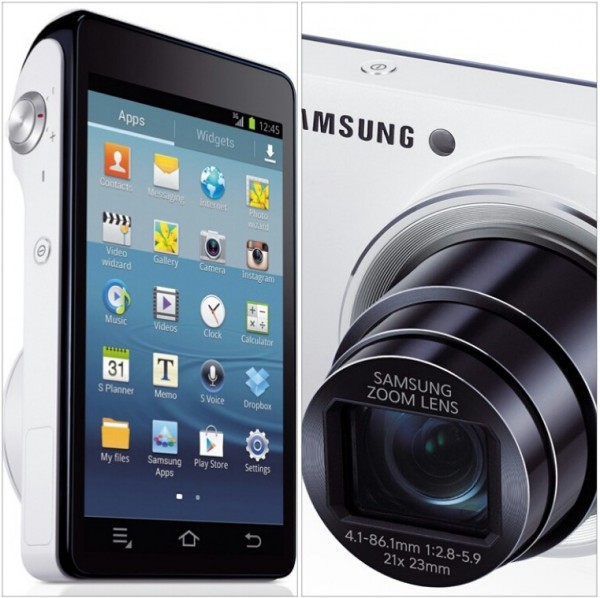
Samsung is such a copycat
Well, I must agree with the jury in the Apple-Samsung patent trial, after seeing the shocking look-a-likes the South Korean electronics giant announced yesterday during IFA Berlin. Have you seen these Apple rip-offs? Samsung simply is shameless in its copying.
For example, there's a new phone with large screen and stylus, as well as another with big zoom lens. The audacity of Samsung to take features from iPhone or iPad and offer them on its devices. The company just thumbs its nose -- or whatever gesture they use on the Asian peninsula -- at the American jury and US District Judge Lucy Koh.

5 reasons the Apple-Samsung ruling is GOOD for everyone
The outcome of the recent Apple vs Samsung trial isn’t particularly surprising -- the American company was always going to benefit from home-court advantage -- but the comprehensiveness of the victory shocked a lot of people, and at a stroke changed the smart devices industry for good. Yes, Samsung will appeal, and might succeed in overturning some of the findings or reduce the amount owed Apple (although, equally, the South Korean company might end up paying even more as the wilfull infringement finding is very damning). But there’s no question the result, as it stands, has repercussions not just for Samsung but for several of Apple’s other rivals.
My colleague Mihaita Bamburic claims that the ruling is bad for everyone, and while his position has merit, I view things differently. I see the result as having a positive impact in the long term, and here’s why.
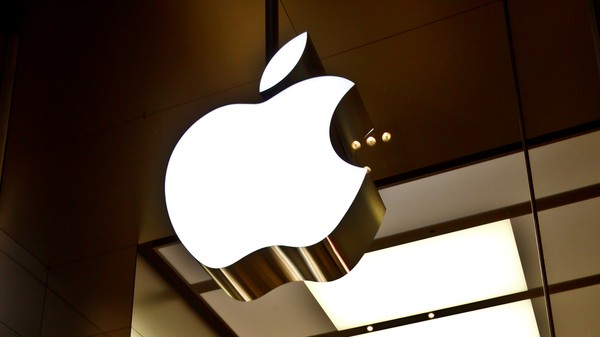
One rotten Apple spoiled my perfect post-PC pie
I can't win. Just when I think I've finally cooked-up the perfect post-PC computing recipe, along comes some killjoy to spoil all the fun. This time around it's Apple. The Cupertino goon squad is on a mission to stomp out all unauthorized uses of lowercase letter "i" (among other things), and my latest pet project -- moving my entire computing life to a non-PC device -- is about to fall victim to their litigious ways.
You see, I made the unforgivable decision to deviate from Apple's proscribed post-PC formula (i.e. iPhone/iPad) and instead embrace the ways of the rebel Android Army. After several weeks of tweaking and tuning, I've finally achieved a level of PC-independence I never thought possible. But given last week's Apple-Samsung jury decision, I fear it may have all been for naught. That's because the reverberations from such a landmark case will no doubt spread far beyond its principle defendant (you didn't really think this was about hardware, did you?) to strike at the very heart of Google's OS strategy.
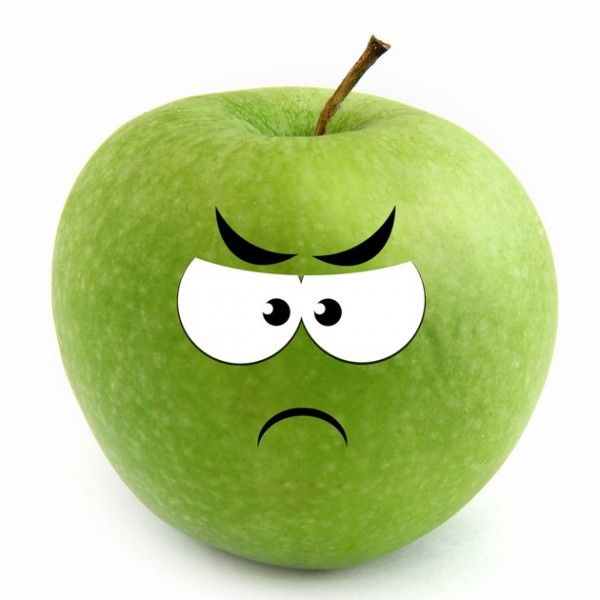
5 reasons the Apple-Samsung ruling is BAD for everyone
Apple v. Samsung is a game of thrones. Their latest episode is far from any quarrels the two have had in the past, which now look like child's play compared to what happened in San Jose, California. If the outcome of the trial is of any indication what we're looking at is a major game changer in the smartphone and tablet industry, and not for the better.
iOS won, and Android lost. That's one simple way to look at it, and that's only the tip of the iceberg. Sadly what we're looking at is a much deeper influence that will be felt in the near future. Here are five reasons why the ruling is BAD for the industry. (Editor: See Wayne Williams' response "5 reasons the Apple-Samsung ruling is GOOD for everyone".)
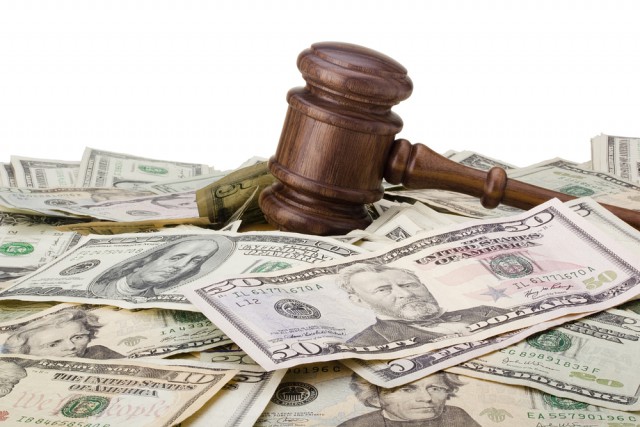
Apple wins big: Samsung ordered to pay $1.05 billion in damages
Just yesterday I reported that a South Korean court had found Apple and Samsung both guilty of infringing each other’s patents, and claimed that in a good patent war no one wins. Turns out I was wrong. Big time. A few hours after that story posted, news reached us that the jury in the American leg of the global Apple vs. Samsung battle returned a verdict, and a damning one for Samsung.
After taking less than three days to deliberate the case, the jury found that Samsung copied from Apple, rejected all of Samsung’s own counter claims, and awarded the American company $1.05 billion in damages.

Apple vs Samsung: In a good patent war no one wins
In the 1983 classic movie WarGames, Matthew Broderick hacks into a top secret super-computer and comes close to initiating World War III. The global catastrophe is only avoided when the computer, "Joshua", starts playing Tic Tac Toe against itself and discovers it can’t win, coming to the inevitable conclusion that "the only winning move is not to play."
It’s a film that maybe Apple and Samsung should sit down and watch together. While the jury is still out in their current big Californian patent case, in South Korea, Samsung’s home and just one of several countries where the global lawsuit is being fought, the court has just ruled simultaneously that both firms infringed each other’s patents. And, as a result, ordered them to both pay damages, and imposed sales bans on all related products (none of which are the latest models).

Apple vs Samsung: The defense of common sense
The transpiring events of Apple’s lawsuit against Samsung divides the technology industry and hones in on several overarching intellectual property talking points and issues that far extend the perpetual "eye for an eye" battle the companies occupy. Many writers and pundits state that the lawsuit will be a primary stepping stone to IP and patent reform and will be a primary decider of the future of patent law in the technology industry.
What the trial really rises to the surface: the two differing approaches with which Apple and Samsung view the situation. Apple’s perspective hinges on protecting the intrinsic and unique value of their intellectual property, whereas Samsung focuses more on the end game of consumer perception.
